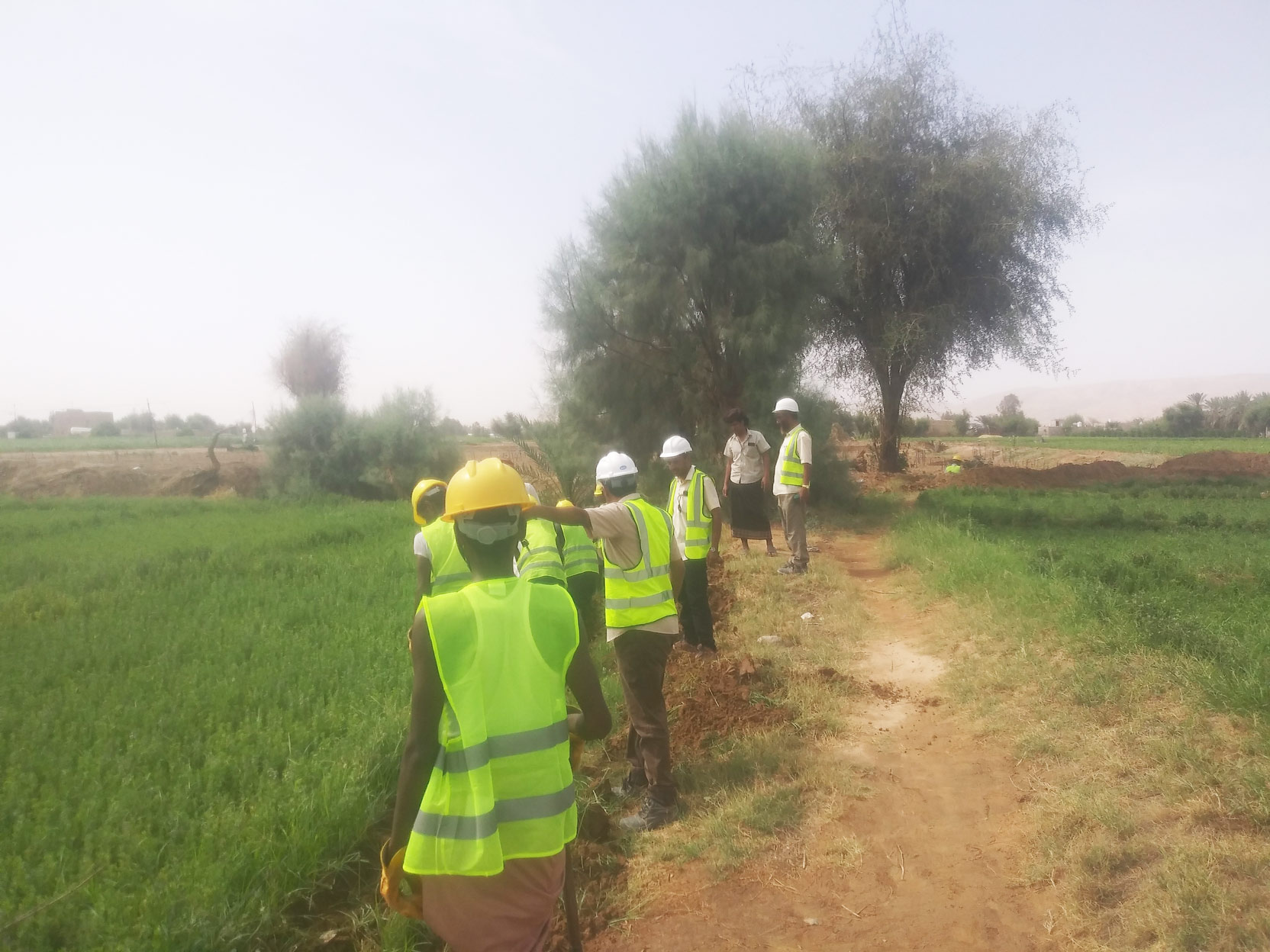Despite facing numerous challenges, Yemen’s agricultural sector is most severely impacted by climate change and its repercussions, especially for rural residents who rely on agriculture as their main source of livelihood.
The greatest challenge is the loss of income for the majority of the agricultural communities resulting from the unpredictable shifts between drought and devastating floods. The sector also suffers from a lack of resources and capacity to confront these challenges and protect farmers. This has led to a critical decline in food security indicators for Yemenis, both locally and internationally, compounded by global food supply disruptions and export bans on certain commodities like grains, resulting in soaring food prices that are beyond the reach of ordinary citizens amid Yemen’s dire economic and living conditions, as described by the United Nations.
PWP has prioritized maximizing local food production and expanding arable land, utilizing every opportunity and resource available to increase the productivity of various agricultural and livestock products. The Project Management Unit recognized the vital role agriculture plays in bolstering food security and improving the livelihoods of farmers and their families.
Implemented agricultural initiatives have delivered tangible environmental and economic benefits, evident in the daily lives of farmers through expanded irrigated farmland, increased crop and livestock yields, and enhanced protection of agricultural lands from flooding and desertification. Supported by international donors, PWP has successfully executed swift-impact, environmentally and economically sound interventions in the agriculture and irrigation sector.
These efforts have helped mitigate the adverse effects of climate change on farmers by launching projects such as rainwater harvesting reservoirs, irrigation channels, and land protection measures. Collectively, these projects have improved food security for farmers and their households while providing a sustainable source of income.
Rainwater Harvesting Tanks: A Source of Water in Times of Drought
Rainwater harvesting tanks provide a sustainable water source during droughts, especially in remote and isolated areas. They also supply water for agriculture and livestock and can deliver water to homes in rural governorates such as Amran, Raimah, Taiz, Al-Dhalea, Socotra, Al-Mahra, and Hajjah. These projects deliver social and economic benefits by ensuring livelihoods for Yemenis, especially in water-scarce regions.




